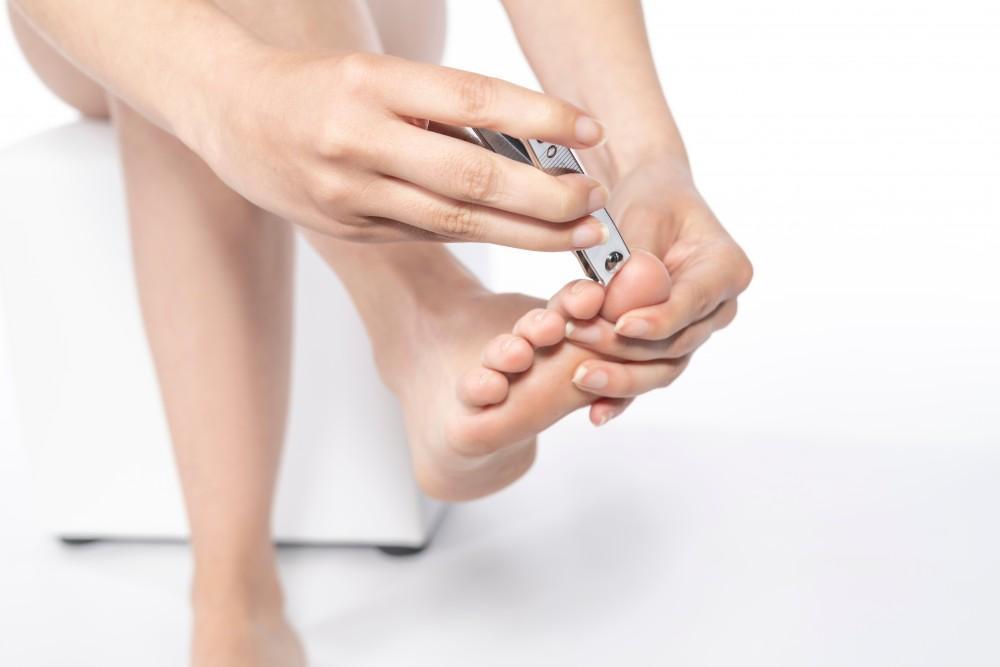
How Gout Can Affect Your Feet

Over 8 million people in the US have gout. This inflammatory form of arthritis happens when you have too much uric acid in your blood. And while all forms of arthritis can impact your feet, gout can especially.
At Family Foot and Ankle Center of South Jersey, our expert podiatrists can evaluate your gout symptoms and offer solutions to manage your arthritis pain and improve your quality of life. Read on to learn more about gout and the ways it can impact your feet.
Gout basics
Everyone has uric acid in their blood. Your body creates it when it breaks down chemicals known as purine. In a healthy scenario, uric acid dissolves as it passes through your kidneys and out of your body when you urinate. When your levels of uric acid become excessive, it causes crystals to form. If these crystals can gather together in your joints, you’re likely to experience the intense pain of gout.
Gout pain can flare up in almost any joint, but the big toe is by far the most common. Other symptoms include redness, warmth, and swelling in the affected joint, and grueling flare-ups that may start during the night and last for hours or up to 3-10 days. Once the worst of the pain decreases, you may still experience ongoing discomfort, redness, and inflammation. And when gout affects your toe, toe pain and stiffness can make walking, exercising, and standing difficult.
Who gets gout
While most anyone can experience gout, it’s more common in men than women until women go through menopause. You may also be prone to gout if you’re overweight, recently had a surgical procedure or trauma, or have a family history of the disease. Regularly eating foods high in purines, such as red and organ meats, can also raise your risk by increasing your uric acid levels. Other chronic conditions, such as kidney, diabetes, and heart disease, can also increase your risk.
Gout treatment for foot pain
Your treatment for gout and its impact on your feet will vary, depending on factors such as the severity of your symptoms and your overall health. After a comprehensive exam, we may recommend prescription medications to reduce inflammation and pain and prevent joint damage. Custom orthotics can also help by better supporting proper foot alignment and walking comfort.
You may also benefit from lifestyle changes, such as staying well-hydrated, limiting alcohol, and cutting back on meat, poultry, and seafood. Instead, increase the amount of plant-based protein sources, such as beans, lentils, yogurt, and tofu, or swap out most red meat with fish. Losing excess pounds can also help reduce gout symptoms and strain on your foot joints.
To learn more about gout or get the foot care you need, call Family Foot and Ankle Center of South Jersey or email us through our website today.
You Might Also Enjoy...


5 Ways to Keep Your Bunion Pain to a Minimum

Gout: What Is It and How Can I Get Rid of It?

Complications of an Untreated Ankle Sprain

Suspect You’ve Broken Toe? How To Tell and What to Do


